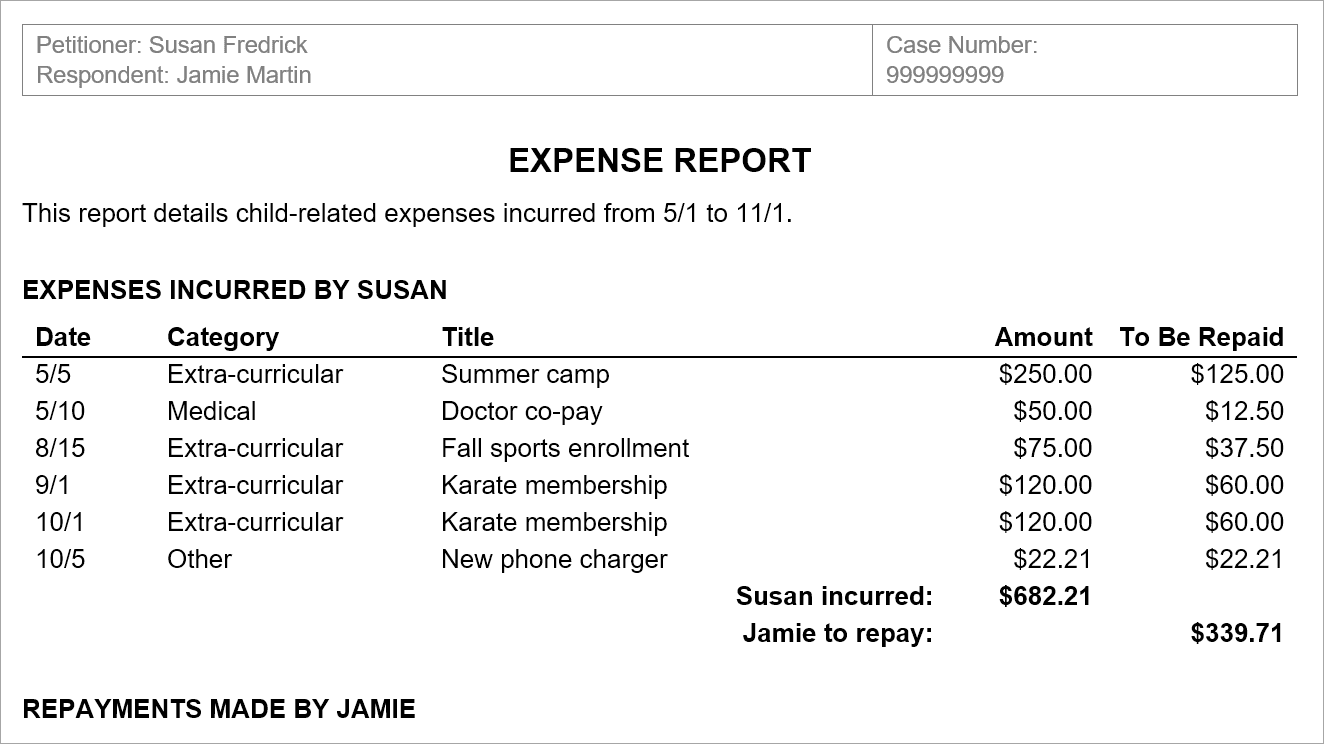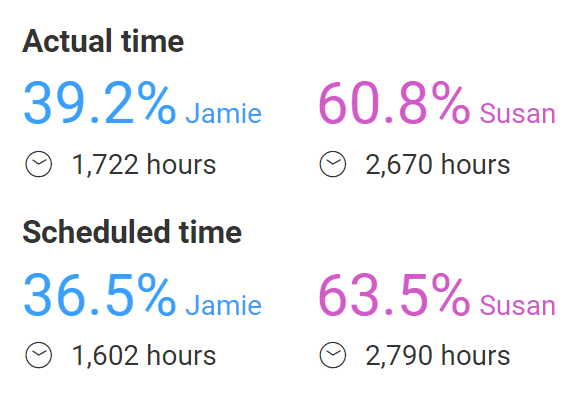Using Custody To Avoid Child Support: It's Not That Simple
Unfortunately, some parents try to get custody mostly to avoid paying child support. Besides being unfair to the child, it's not a good idea for several reasons.
It doesn't look good in court
Your judge has likely presided over many custody cases, and they're probably good at reading parents' motives. Your tactics will backfire if they cause the judge to suspect you of having anything besides your child's best interest in mind. You could lose custody or end up seeing your child much less than you want.
You may still have to pay support
Every state has a guideline formula for calculating support. If the formula determines you owe support based on the factors considered (e.g., income, parenting time), the court will order you to pay it.
You might seek joint physical custody thinking that if each parent spends equal time with the child, the support amount due will be zero. However, if you have a higher income than the mother, most states will still hold you responsible for paying support.
Getting a custody order for sole physical custody is a better way to avoid support, but it's difficult. You'd need to show the court strong evidence that proves the mother should receive little to no parenting time.
If you've already been ordered to pay support, it is very hard to convince a court to cancel the order, even if you lose your job. The best course of action is to ask the court for an order modification (more below).
The only guaranteed ways for support to end are the parents getting back together or the child becomes legally independent based on age (usually 18), emancipation, marriage or joining the military.
You may end up spending more as the custodial parent
Ideally, you spend roughly the same amount on your child whether you cover costs during parenting time or pay support.
If you're the child's primary caretaker, you might even spend more than you would paying child support. Custodial parents often have higher child-related costs because they pay for extras like gas to transport the child to and from school in addition to basic necessities. These costs are unpredictable, unlike child support.
Other ways to reduce your support payment
There are ways besides getting custody that may help you lower your support obligation.
Explain your situation to the other parent
Courts usually don't account for how much parents spend on their own living costs when calculating child support, which can make paying support a real strain for some.
Tell the other parent you're struggling to make the payments. They might be sympathetic to your situation, and be willing to come to an agreement on a manageable support amount. Remember, the court must approve the amount. If it's too low to suit the child's needs, it won't be approved.
Ask for a support modification
You could ask the court to modify the support order if you have proof there have been significant changes that impact your ability to pay support. This includes changes in income, expenses and parenting time.
Be sure to report any changes in your income immediately. If you're granted a modification, it only applies to support due from the date of filing your petition. Anything owed before must be paid in full.
Your contributions to the child's expenses could also reduce child support. You could use a parenting app like Custody X Change to track child-related expenses, then print an expense report to use as evidence.
 Try this with Custody X Change.
Try this with Custody X Change.
You should also track the time you've spent with your child. See how the time you actually had measures up to what was scheduled for you. If it's common for you to have more time than scheduled, you might be able to get a support reduction.

In some states, the court factors how the mother uses the support money when determining whether to modify the order. If the current amount is necessary to keep a roof over the child's head, don't expect it to decrease unless you have solid proof you can't pay it. If you have evidence that the mother is misusing the funds, it could help your case.
Contact your local child support agency
So long as the support order is active, you should never stop making payments. If you expect to miss one, call the child support agency in your area. They might be able to help you set up a payment plan to avoid penalties for not paying support.
Penalties include interest charges (meaning you'll owe more than you initially did) and suspension of your drivers license among other penalties, the most severe being imprisonment.
Advice for the other parent
Regardless of the parent's intentions for seeking custody, your child will benefit from spending more time with each parent. However, if you don't think the other parent is fit to have custody, you may need to build a case.
The court is more likely to award custody to the person who has been the child's primary caregiver. In addition to how much time you spend with the child, keep a journal to detail how you care for your child (e.g., preparing their food).
Evidence of the parent's unwillingness to be involved in the child's life can also help. This could be proof of missed visits or printouts of messages that show their disinterest.
Back up your request for custody with evidence
If you want more time with your child, the court will need to see that you have an active role in the child's life.
The Custody X Change online app can help you gather evidence. You may have to:
- Keep notes about visits
- Track how much you spend on your child
- Calculate your actual parenting time compared to what you were supposed to get
The easiest way to organize evidence for your case is Custody X Change.
